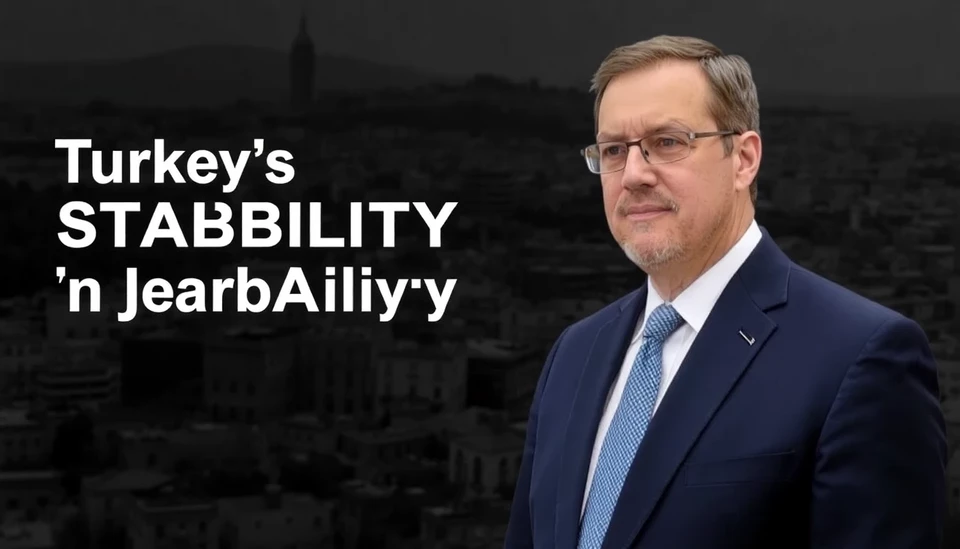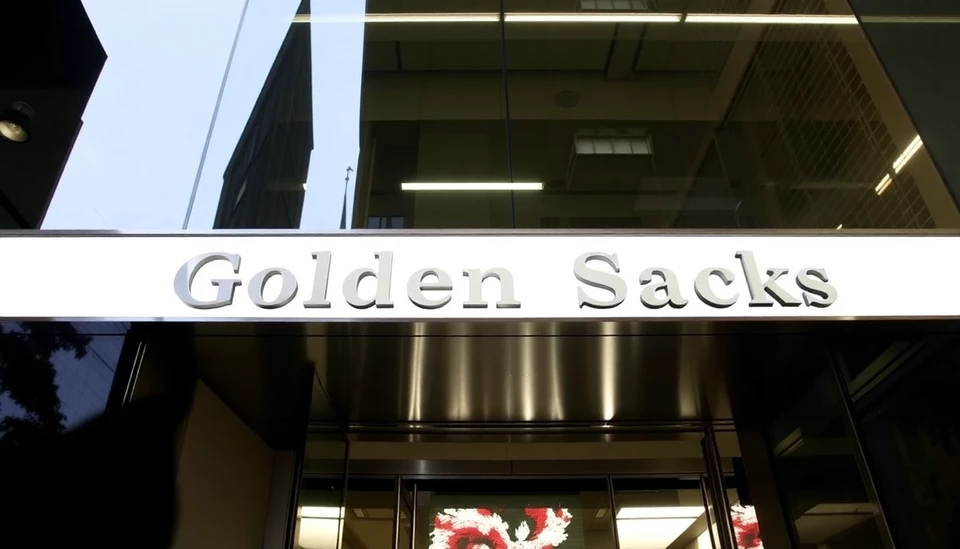
The Turkish government is turning to the World Bank for financial backing as part of its ambitious plans to develop a railway project that aims to span the Bosphorus Strait. This initiative, which is set to significantly enhance transportation infrastructure and connectivity in the region, has captured the attention of both local and international stakeholders.
The Bosphorus Railway Project is envisioned as a key effort to modernize Turkey's public transportation system. Given the strategic geographic significance of the Bosphorus Strait, which separates Europe and Asia, the railway is expected to facilitate the movement of goods and passengers across this vital waterway. The Turkish authorities have identified this project as essential for alleviating congestion in Istanbul, a metropolis that has faced severe traffic challenges in recent years.
According to government officials, securing financing from the World Bank is vital for the realization of this project. The Turkish Ministry of Transport is currently in discussions to outline the project's scope and requirements, demonstrating Turkey's commitment to seeking international cooperation for infrastructure development.
This railway initiative is part of a broader strategy to enhance Turkey's transport networks that would integrate various modes of transport, including railways, roads, and maritime services. The government believes that improving infrastructure will not only benefit domestic transport but will also elevate Turkey's position as a transportation hub between Europe and Asia.
As significant investments are necessary for such a monumental project, the involvement of the World Bank could provide the necessary financial resources and expertise. Turkey's economy has been facing challenges lately, including inflation and currency devaluation, which makes external funding an appealing option for managing large-scale infrastructure developments.
The railway project has the potential to create thousands of jobs during construction and operation phases, contributing positively to the economy. Furthermore, it aligns with Turkey's aim to enhance sustainable transportation options, reducing reliance on cars and promoting public transport solutions.
In recent years, the Turkish government has undertaken several other major infrastructure projects, including airports and highways, and the Bosphorus Railway Project is seen as another significant milestone in this ongoing effort to build a modern and efficient transport network. Analysts suggest that if successful, this project could arguably place Turkey on a path toward becoming a central player in regional logistics and transportation.
As negotiations with the World Bank progress, the outcome could influence not only the future of this particular project but also Turkey’s approach to financing other infrastructure initiatives. Stakeholders from various sectors are closely monitoring developments, as the success of the Bosphorus Railway could lead to further international collaboration on infrastructure projects in Turkey.
In summary, Turkey's pursuit of World Bank financing for the Bosphorus Railway Project reflects a strategic move to bolster its transportation infrastructure, address traffic congestion, and stimulate economic growth. With the potential for significant benefits both regionally and internationally, the project is set to be a focal point for Turkey's development agenda in the coming years.
#Turkey #WorldBank #Bosphorus #RailwayProject #Infrastructure #Transportation #Istanbul #EconomicDevelopment #Sustainability
Author: John Harris




